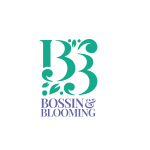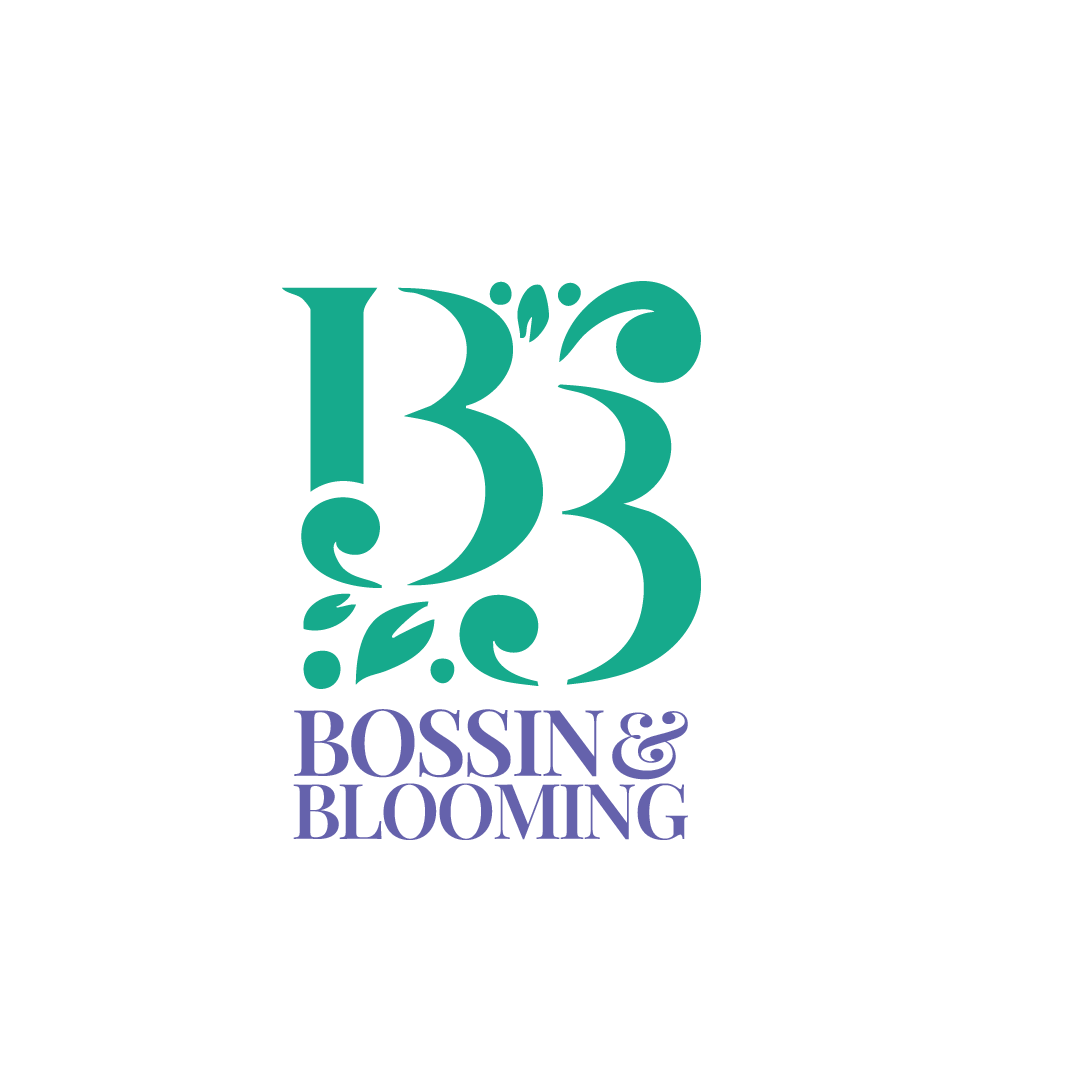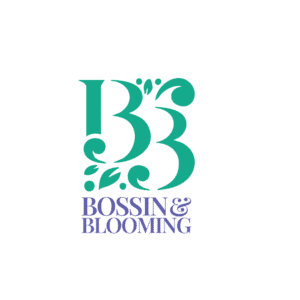Money Mindset Journaling: Healing Your Relationship with Finances
Share
For most of my life, I treated my finances like a monster under the bed. I was terrified to
look. Opening my banking app sent a jolt of anxiety through my body. I avoided talking
about money, thinking about money, and especially, looking at my bank statements. My
relationship with finances was a toxic mix of fear, shame, and willful ignorance. I told myself
stories like, “I’m just not good with money,” or “Rich people are greedy,” or the most
common one, “There’s never enough.”
This scarcity mindset was a self-fulfilling prophecy. Because I was afraid of money, I made
poor decisions with it. I’d either hoard every penny in fear or spend impulsively to get a
temporary hit of relief from the anxiety. There was no plan, no peace, and certainly no
progress toward any kind of financial freedom.
My turning point didn’t come from a budgeting app or a financial advisor. It came from a
quiet corner of my life that had already brought me so much clarity: my journal. I wondered,
if I could use journaling to reframe my negative thoughts about myself, could I use it to
confront the monster under the bed? This began my practice of money mindset journaling,
and it was the key that unlocked everything. It allowed me to finally begin to heal your
relationship with finances, and it’s a journey I want to share with you.
Why Your Money Mindset Matters More Than Your Income
We are often taught that financial health is just about numbers—income, expenses, savings.
But that’s only half the story. The other half, the more powerful half, is your money mindset.
This is the collection of underlying beliefs, thoughts, and feelings you hold about money,
often formed in childhood without you even realizing it.
If you believe money is scarce and hard to come by, you will constantly operate from a place
of fear. If you believe you don’t deserve wealth, you will subconsciously sabotage
opportunities for it. You cannot budget or spreadsheet your way out of a limiting belief
system.
This is where money mindset journaling comes in. It’s a tool for excavation. It helps you
dig up those old, dusty beliefs, examine them in the light of day, and consciously decide if
they are still serving you. It’s the deep, internal work required to build a lasting foundation
for a positive money mindset.
5 Money Journaling Prompts to Heal Your Financial Life
Getting started is simple. You just need a notebook and the courage to be honest with
yourself. These are the money journaling prompts that I used to begin my own healing
journey. They are designed to uncover your hidden beliefs, calm your fears, and build a new,
empowering relationship with your finances.
The “Money Story” Prompt
This prompt helps you understand the origin of your current money beliefs. You can’t change
a story you don’t know you’re living in.
This prompt helps you understand the origin of your current money beliefs. You can’t change
a story you don’t know you’re living in.
The Prompt:
-What is my earliest memory of money? (Was it a positive or negative experience?)
– What did my parents or guardians teach me about money, both directly and indirectly?
(What phrases did they use? e.g., “Money doesn’t grow on trees,” “We can’t afford
that.”)
-How did they handle financial stress? How did that make me feel?
– Complete the sentence: “Money is __.” (Write down the first five words that
come to mind, without judgment.)
-Based on these memories, what is the “money story” I have been telling myself?
The “Fear-Setting” Prompt
Financial anxiety often comes from vague, undefined fears. This prompt forces you to get
specific about your fears, which instantly reduces their power.
The Prompt:
-What is my single biggest fear about my finances right now? (e.g., “I’m afraid I’ll
never pay off my debt,” or “I’m afraid of losing my job and having no savings.”)
– On a scale of 1-10, how likely is this to actually happen?
– What is the absolute worst-case scenario if this fear came true? (Get detailed.)
– What are three things I could do to prevent this from happening?
– What are three things I could do to recover if it did happen? (Who could I ask for
help? What resources do I have?)
The “Abundance Log” Prompt
A scarcity mindset is a habit. It trains your brain to only see what’s lacking. This prompt
retrains your brain to see the evidence of abundance that is already all around you.
The Prompt:
Keep a running list for one week of all the forms of abundance that flow into your
life. This is not just about money.
Examples: “A friend treated me to coffee.” “I used a coupon and saved $5.” “My favorite song came on the radio.” “I had a warm, safe bed to sleep in.” “I received an unexpected compliment.”
At the end of the week, read the entire list.
Journal on this question: “What if I am more supported and abundant than I currently
believe?”
The “Ideal Financial Life” Prompt
You can’t move toward a goal you haven’t defined. This prompt helps you get crystal clear on
what you want your financial future to look and feel like, creating a positive vision to move
toward.
The Prompt:
– Imagine it’s five years from today, and you have a healthy, peaceful, and empowering
relationship with money. Describe your life in detail.
-How do you feel when you check your bank account?
– What kinds of choices are you able to make because of your financial health? (e.g., “I
can travel without guilt,” “I can donate generously,” “I can take a lower-stress job.”)
-What daily or weekly habits support this healthy financial life?
-What is one tiny step I can take this week to move toward that vision?
The “Money Gratitude” Prompt
Gratitude is the fastest way to shift from a mindset of lack to one of sufficiency. This prompt
connects you to the positive aspects of money in your life right now.
The Prompt:
-List three things you are grateful for that money has provided for you today.
Examples: “I’m grateful for the money that paid for the coffee that is energizing me.” “I’m grateful for the money that pays my internet bill, connecting me to the world.” “I’m grateful for the money that bought the comfortable socks I’m wearing.”
-Write a short “thank you” letter to money itself. Thank it for the security,
opportunities, and experiences it has helped provide. (This might feel silly at first, but
it is a powerful way to shift your energy from fear to appreciation.)
This Is Your Invitation to Financial Peace
My journey with money mindset journaling has been transformative. I no longer feel that
jolt of anxiety when I open my banking app. I have paid off debt, started investing, and built
a savings account that gives me a sense of security I never thought possible. But the most
profound change is internal. The monster under the bed is gone. In its place is a feeling of
calm, competence, and control.
You do not have to live in a state of financial stress forever. You have the power to rewrite
your money story, to calm your fears, and to build a life of not just financial health, but
financial freedom. It’s an invitation to sign up for something greater for yourself—a life
where you are in charge of your finances, not the other way around.
If this story speaks to you, and you’re ready to start your own healing journey, our community
is here to support you. We believe that financial well-being is a cornerstone of a successful
and fulfilling life.
Join the Bossin & Blooming Community Here and let’s create a new, empowered money
story, together. https://bossinandblooming.com/membership-levels/




Be Social
Join Followers